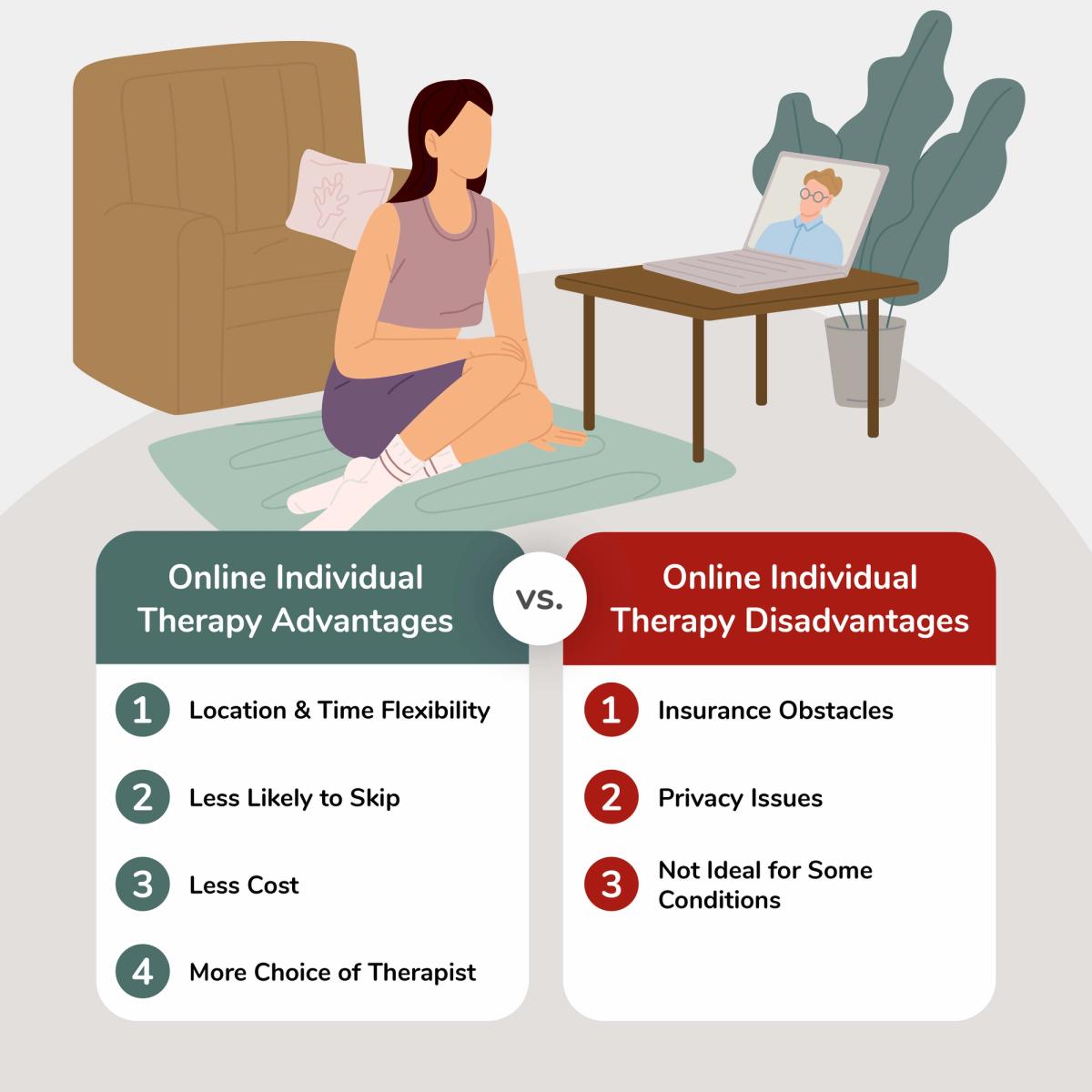Trick Insights Into Mental Treatment for Teen Minds: Nurturing Psychological Intelligence
Psychological therapy for teens offers distinct difficulties and possibilities. Adolescents experience significant emotional complexity as their minds establish. Supporting emotional intelligence comes to be necessary in this situation. Healing approaches like Cognitive Behavior modification and Dialectical Behavior modification offer important tools. These techniques not only foster self-awareness yet also enhance empathy. Comprehending how these methods influence individual development can disclose important understandings right into the psychological health of young minds. What lies at the intersection of treatment and emotional development?
Understanding the Teenage Brain: Growth and Emotional Intricacy
The adolescent mind is a vibrant landscape, defined by considerable developmental modifications that shape emotional responses and behaviors. Throughout adolescence, the prefrontal cortex, in charge of decision-making and impulse control, goes through important maturation. Concurrently, the limbic system, which regulates emotions, comes to be extra active, causing heightened psychological experiences. This inequality can lead to intense state of mind swings and impulsive activities, as the psychological center frequently overshadows sensible idea.
Natural chemicals like dopamine play a crucial function in this stage, affecting enjoyment and reward-seeking behaviors. As young adults browse social interactions and identification development, their minds are wired to prioritize peer approval and psychological experiences. This duration of fast growth is essential for establishing resilience and flexibility, although it can likewise result in obstacles in psychological wellness. Comprehending these changes is crucial for parents, instructors, and mental wellness experts as they look for to support young adults via this complex developing phase.
The Relevance of Emotional Intelligence in Adolescents
Identifying the importance of psychological intelligence throughout teenage years is important, as it lays the structure for effective interaction, compassion, and self-regulation. Teens are navigating an intricate developmental phase identified by rising and fall emotions and social dynamics. Individual Counselling Services. Emotional knowledge furnishes them with the capability to understand and manage their feelings while additionally reacting and recognizing to the emotions of others. This skillset promotes much healthier relationships, decreases dispute, and boosts cooperation amongst peers
Additionally, emotional intelligence supports academic success by promoting resilience and versatility when faced with obstacles. As young adults learn to handle tension and obstacles, they establish a more powerful sense of self-regard and identity. Cultivating psychological knowledge throughout these formative years can result in long-lasting benefits, including improved mental health and well-being. Eventually, prioritizing emotional knowledge in adolescents is vital for their overall growth and future social performance.
Efficient Healing Techniques for Teens
While different restorative approaches exist, selecting the most reliable approaches for teens requires an understanding of their unique developmental demands. Cognitive Behavior Therapy (CBT) is frequently favored for its structured strategy, aiding teenagers recognize and modify adverse idea patterns. Dialectical Behavior Modification (DBT) is an additional efficient method, specifically for those dealing with emotional regulation, as it integrates private therapy with abilities training in mindfulness and interpersonal performance.
Additionally, art and play therapies give innovative outlets for self-expression, making treatment more available for those moved here that may locate spoken communication challenging. Individual Counselling Services. Team therapy settings can additionally facilitate peer links, enabling young adults to share experiences in a helpful setting. Finally, including household treatment can boost communication and understanding within the family, addressing characteristics that may add to the young adult's emotional battles. Inevitably, the effectiveness of these methods lies in their versatility to specific situations and requirements
Building Strength Via Mental Therapy
Structure strength through mental treatment is crucial for teens encountering various life obstacles, as it outfits them with coping techniques and emotional tools required to guide through hardship. Mental therapy supplies an organized environment where adolescents can explore their thoughts and feelings, assisting in a much deeper understanding of themselves. Strategies such as cognitive-behavioral treatment (CBT) encourage teens to identify negative thought patterns and replace them with positive ones, promoting a resistant frame of mind. Furthermore, mindfulness methods incorporated into treatment can help teenagers continue to be based during difficult circumstances, enhancing their capability to cope. The skills learned via mental therapy empower teenagers to come close to obstacles with confidence, enabling them to recover from obstacles. As they establish resilience, they become a lot more skilled at managing future problems, ultimately adding to their psychological health and individual growth. This structure of strength is vital for steering the intricacies of adolescence and preparing for the adult years.
Motivating Open Communication and Supportive Relationships
Just how can open communication and encouraging connections improve a teenager's psychological wellness? Developing a culture of open dialogue cultivates depend on and psychological security, enabling teenagers to share their thoughts and sensations without worry of judgment (Individual Therapy Toronto). This support aids them navigate the intricacies of adolescence, advertising resilience against stress and anxiety and anxiety
Supportive relationships, whether with parents, peers, or advisors, play a vital role in a teenager's development. They supply a network of encouragement and understanding, which is crucial throughout challenging times. When young adults feel heard and valued, they are most likely to establish healthy and balanced coping systems and emotional knowledge.
Encouraging open communication likewise encourages teenagers to verbalize their needs and seek help when necessary. This aggressive technique can significantly lower feelings of seclusion and misery. Overall, nurturing these connections outfits teenagers with fundamental tools for emotional policy and individual development, ultimately enhancing their mental well-being.
Frequently Asked Questions
Exactly How Can Moms And Dads Identify When Their Teenager Requirements Treatment?
Moms and dads can recognize their teenager's need for treatment by observing significant changes in behavior, mood fluctuations, withdrawal from social tasks, decreasing academic description efficiency, boosted irritability, and expressions of despondence or stress and anxiety that continue in time.
What Duty Does Social Media Site Play in Adolescent Mental Health?
Social media site greatly affects teen mental wellness by forming self-confidence, promoting connections, and revealing individuals to cyberbullying. Its effect can be both adverse and positive, relying on usage patterns and the nature of on-line interactions.
Are There Specific Therapies Better Suited for Women or children?

Exactly How Can Schools Support Mental Health And Wellness Initiatives for Students?
Colleges can support psychological health initiatives by executing counseling solutions, promoting social-emotional learning programs, providing psychological health sources, fostering a supportive environment, and offering workshops that enlighten pupils on dealing approaches and psychological resilience.

What Prevail Misunderstandings About Adolescent Treatment?
Typical misunderstandings regarding teenage therapy include the idea that it is just for severe concerns, that it shows weakness, or that teenagers do not have the ability to engage. These misconceptions can hinder accessibility to vital psychological health and wellness assistance.
Psychological therapy for teens go to website offers unique difficulties and chances. Restorative strategies like Cognitive Behavior Therapy and Dialectical Behavior Treatment offer useful tools. Additionally, art and play treatments supply creative electrical outlets for self-expression, making treatment more accessible for those that may find verbal interaction testing. Including family therapy can enhance communication and understanding within the household system, attending to dynamics that may contribute to the teenager's emotional struggles. Structure durability with psychological therapy is vital for young adults encountering different life challenges, as it equips them with coping strategies and psychological devices required to guide via difficulty.